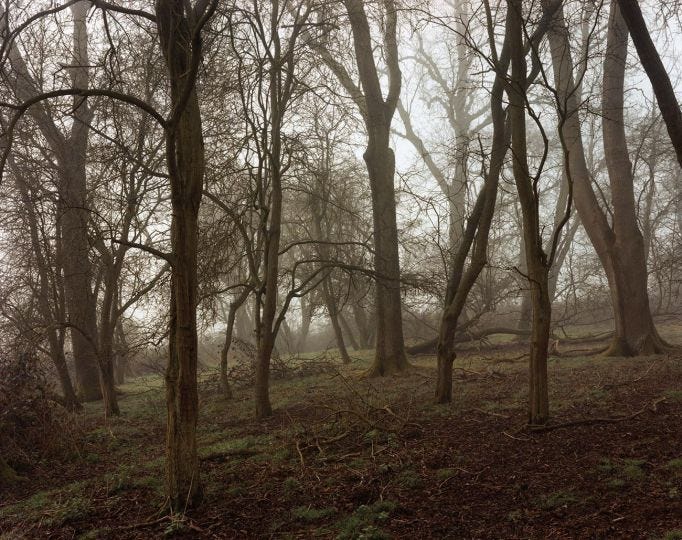Harrowtown Hill Storytelling
Harrowdown Hill is a book that showcases the work of British photographer John Spinks. The book features landscape photographs that were taken over the course of a year. At first glance, the photos appear to be a melancholic visual document of the English countryside, but upon closer inspection, there is a complex story that lies beneath the surface.
The book is centered around the death of Dr. David Kelly, a lead member of the United Nations' scientific teams tasked with monitoring and removing Iraq's chemical and biological weapons capability. Kelly's body was found in woodland near the Oxfordshire village of Longworth on July 18, 2003, and a public inquiry found that he had died by suicide.
What makes this story so interesting is that it occurred shortly after Kelly was revealed to have been the source of a BBC story that questioned the Blair government's case for going to war in Iraq. The events leading up to and following his death are now often considered to mark a turning point in British politics and are at the heart of Spinks' book.
Spinks' interest in the Kelly story began with reading contemporary news reports. Initially, he understood the story as an example of institutional bullying. However, his subsequent in-depth research revealed a more nuanced and detailed picture of two institutions engaged in a struggle to control competing narratives. The struggle played out in a way that developed a momentum of its own, becoming impossible to control.
Overall, Harrowdown Hill is a fascinating book that sheds light on a pivotal moment in British politics. Through Spinks' lens, readers are able to explore the English countryside while also gaining insight into the complex political narratives that were at play during this time.



